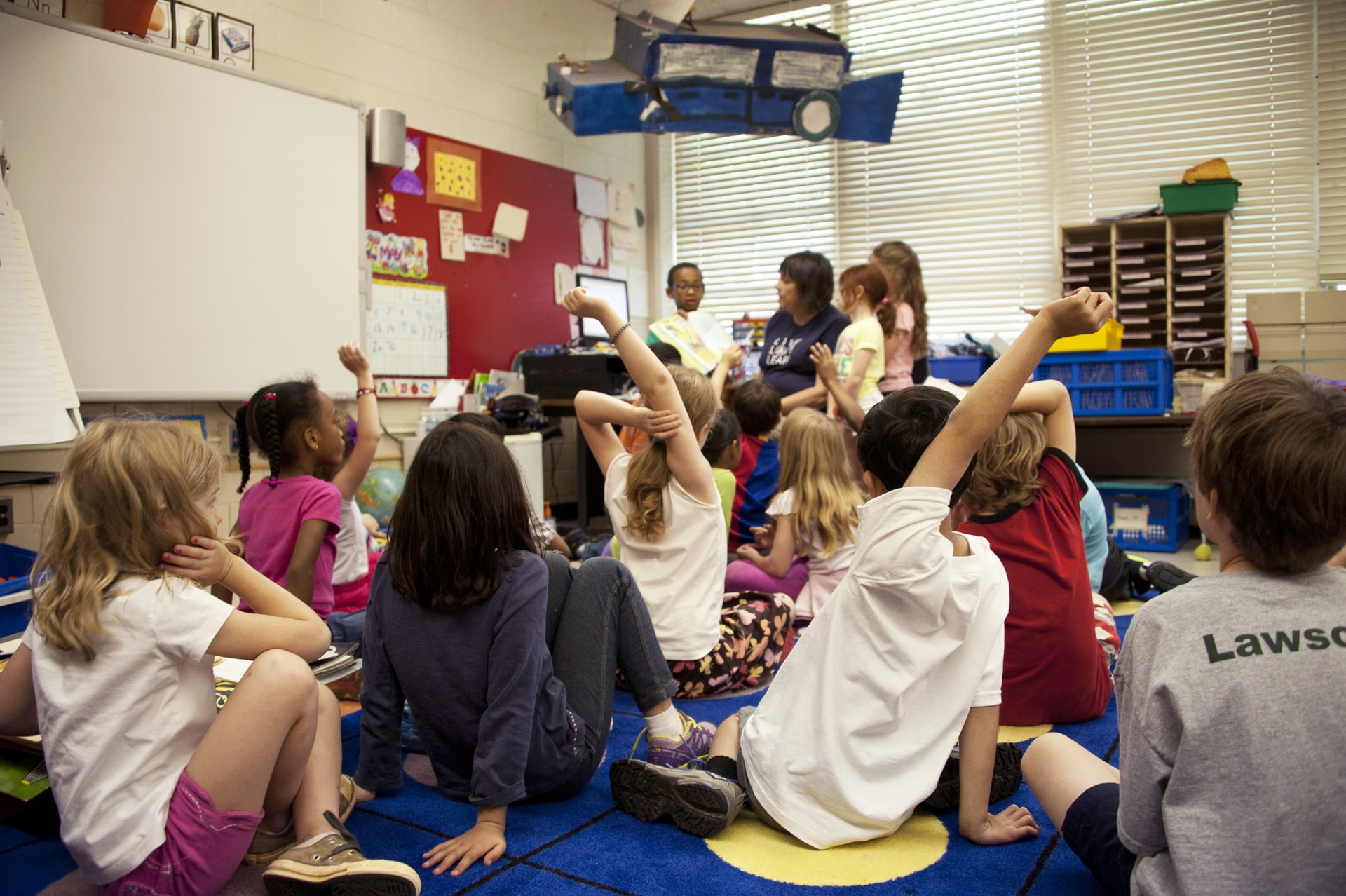Everything You Should Know About Bias

Bias is an opinion or judgment regarding a person, an ideology, or a group based on personal preferences rather than the facts. Bias is also known as implicit bias, as it’s basically unconscious. People develop bias as they grow in a social setup, even without knowing it. Explicit bias, on the other hand, refers to one’s conscious judgments based on the pre-formed beliefs they’re aware of. Bias is also known as cognitive bias as it’s based on one’s thought process, and therapeutic interventions of bias are also based on cognitive theories.
How Does Bias Develop?
Whether implicit or explicit, bias develops over time, and a conscious effort is required to change these firm beliefs. Implicit bias develops when a person at any age unconsciously accepts another person’s opinion without deliberately thinking about it. So the thought doesn’t pass through the screening of one’s conscious mind. With repeated reinforcement, the thought becomes a firm belief without a person being conscious.
Types of Bias
- Stereotype Bias: Stereotype bias can be commonly observed in almost every society. A few examples of stereotypes are gender bias and ethnic bias.
- Actor-Observer Bias: In actor-observer bias, a person makes external factors responsible for his behavior and believes himself to act in the circumstances over which he doesn’t have much control. So in case of a failure, the person tends to blame others or the circumstances. On the other hand, the person observes others’ behavior only from their own pre-formed beliefs or bias and cannot analyze the other person’s actions realistically.
- Anchoring Bias: In anchoring bias, a person makes decisions or judgments mostly based on just one piece of information, thought, or idea. So mostly, that person uses the first information the hr/she comes to learn as an anchor focusing mainly on that and ignoring all the other important details.
- Attribution Bias: In attribution bias, a person starts attributing untrue reasons to support someone’s opinion or behavior.
- Confirmation Bias: In confirmation bias, a person tries to collect information that confirms his biased opinion and ignores all the information which goes against it.
- Negativity Bias: Negativity bias is when someone feels the loss more than the victory. Such people take very few risks as they’re afraid of loss even when the chances of profit or winning are a lot more. They often feel unhappy, associating more negative thoughts with events and intensifying their severity.
- Dunning-Kruger Effect: In this type of bias, people who know little perceive that they know a lot, which means they always overestimate their capabilities and skills.
- The Halo Effect and the Horns Effect: The hallo effect is very common nowadays as people are more inclined to attribute all the positive qualities to those who look attractive. So a good-looking and well-groomed person is considered more capable, smart, or skillful than others.
The Horns Effect is the opposite of the Hallo Effect and is also known as the Reverse Hallo. So in this type of bias, if a person doesn’t look attractive, you might start associating many negative attributes with their personality.
- Optimism Bias and Pessimism Bias: In this type of bias, a person feels unrealistically optimistic or pessimistic about a situation. So they tend to associate positive or negative outcomes to a situation ignoring all the opposite information.
- Sunk Cost Fallacy: In Sunk Cost Fallacy, a person keeps on following a goal just because they have already gone so far, investing time, effort, or money into that. So now, even if it’s not fruitful to follow the same track, that person keeps going just because of the already invested effort, time, or money.
The Effects of Being Biased
As bias can be positive or negative, there can be certain positive or negative effects of being biased:
- Effects of Negative Bias: Bias prevents us from being non-judgmental towards any person, group, ideology, or situation. So a biased person has got very restricted, limited, and stereotypical opinions. Being non-biased and open-minded helps us see things from all perspectives and make a judgment based on facts, but a biased person has a pre-decided opinion which’s usually hard to change despite being wrong.
- Effects of Positive Bias: Although bias is generally perceived as negative, it can sometimes have some positive effects. For example, if a person has developed a bias against some unhealthy food, it can prevent him from eating that.
How to Stay Unbiased
To stay unbiased, we should develop a habit of passing opinions or judgments consciously based on logic and facts more often. Although our feelings and emotions play a vital role in our decision making which is also important and undeniable, we must still learn to keep a balance to never fall victim to bias or prejudice.
Benefits of Being Unbiased
- Improved Productivity
- Improved Collaboration
- Personal well-being
- Better interpersonal relationships
- Fewer chances of developing any psychological or emotional issues
So anyone who’s biased is, in fact, unable to control their thought patterns. Bias keeps a person away from facts and influences the decisions they make. Bias thus affects the people associated with the biased person as well. We can all learn to stay unbiased and enjoy the benefits by consciously developing correct thinking patterns.



